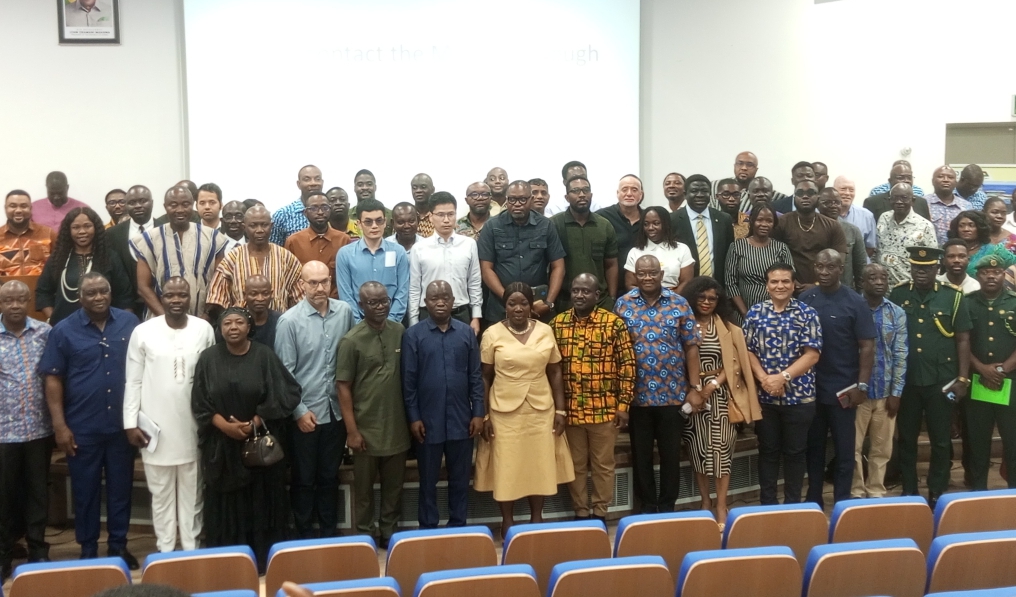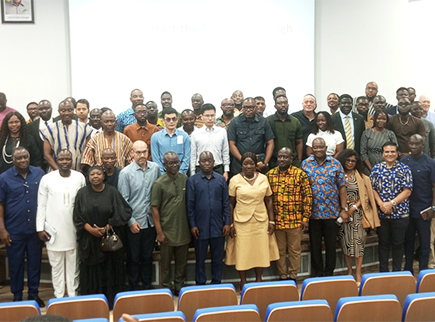Madam Elizabeth Ofosu-Adjare, the Minister of Trade, Agribusiness and Industry, has engaged key players in the export value chain to forge actionable solutions to elevate the country’s global trade ranking.
The solutions are specifically meant to help develop a clear roadmap for export diversification to help reverse the decline in the country’s Non-Traditional Export (NTE), which has reduced from 15.2 per cent in 2023 to 13.4 per cent in 2024, according to the Ghana Statistical Service (GSS).
The decline in NTE recorded in 2024 was spanning 609 product lines in 152 countries.
Speaking at a forum, the Minister said government recognised the challenges of exporters, which, among other things, comprised the lack of access to finance, logistic constraints, tariff and non-tariff barriers.
She, therefore, sought for concrete strategies that would mitigate the challenges and expand the country’s export market, diversify product base and leverage bilateral and multilateral trade agreements.
“The global market is vast and with the right strategies, supportive policies and collaborative spirit, there is no limit to what we can achieve together,” Mrs Ofosu-Adjare said.

Some suggestions made by the exporters were the need to reorient staff of the Ministry and other government agencies to attach urgency to their concerns and extend the working days of custom officials to include weekends to allow for processing of documents for export.
Mr Eric Defor, the Chairman of the Economic Committee of the Association of Ghana Industries (AGI), in an interview, suggested the need for consolidatory approach to growing export as against expansive diversification.
By consolidating, he said the government would prevent a thin spread of its resources to support the export of commodities produced in smaller quantities and yield little foreign exchange to the economy.
“I would suggest that we do a market survey and cede about five products that we have competitive advantage of and then invest in scaling up those sectors to a point where we can gain some economic advantage in the global market,” Mr Defor noted.
He highlighted the need for a wholistic approach to addressing the country’s trade balance situation by ensuring that local companies are supported to produce to the demand of local population.
“We already have import substitution companies who are producing but on a scale that makes production very expensive. It, therefore, makes it possible for people who import to bring in things cheaper,” he said.
The output from the forum would be submitted to President John Mahama and a working committee would be established to implement recommendations from the Presidency.

